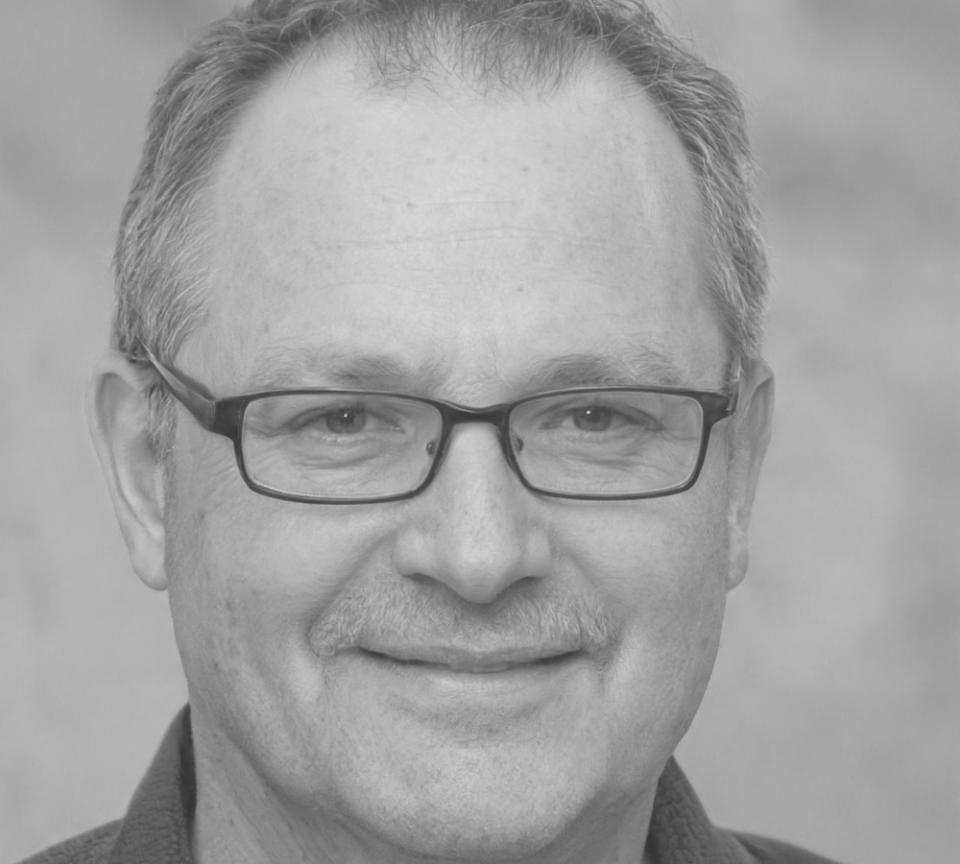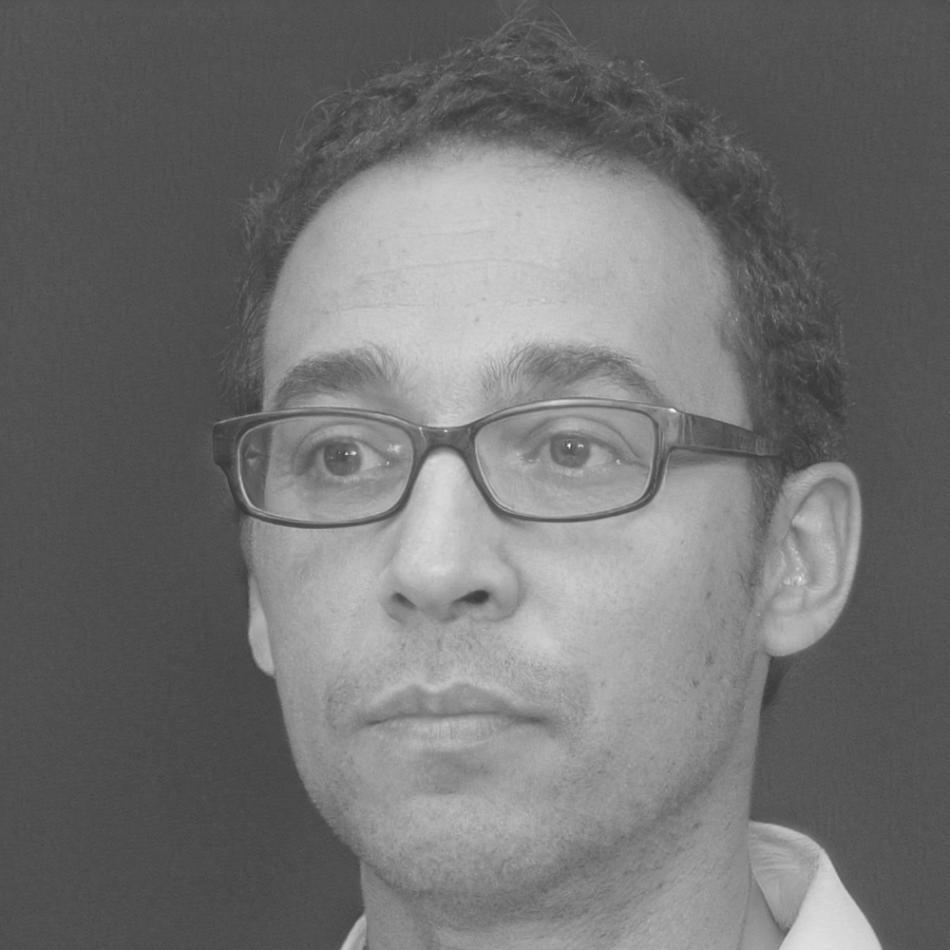Beyond Basic Tracking
Most financial advice focuses on recording what happened. That's useful, but it doesn't prevent problems or help you make better decisions in real-time. Our approach focuses on forward-looking systems that help you see what's coming.
- Cash flow prediction that actually works in practice
- Early warning systems for common business traps
- Decision frameworks for investments and major purchases
- Simple metrics that reveal hidden opportunities
The difference between reactive and proactive financial management is the difference between constantly putting out fires and preventing them in the first place.





